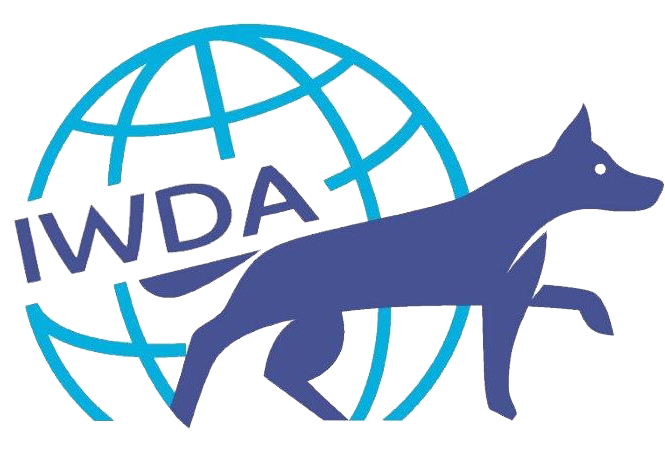By Jed Weisberger
While many in the public may be familiar with the work of explosive-detection dogs and search-and-rescue dogs, many do not realize where these canines originate.
Chances are you have seen these working dogs passing through the Transportation Security Administration (TSA) checkpoints. Most can detect explosives and other possibly threatening odors.
Yet, many would be surprised most come from overseas, some of which might even have been abandoned or are strays found in streets and alleyways of Europe and elsewhere. The Congress of the United States is trying to change this with a pilot program titled the Domestic Breeding Consortium.
“It’s really become a project to obtain these dogs, then we have to go and pick them up,” said Dr; Karen Meidenbauer, a Project Manager and Senior Veterinarian at The Johns Hopkins University Applied Physics Laboratory in Baltimore since 2016, during her IWDC 2021 presentation. “It would be so much easier if we could breed these dogs in the United States.”
Thus, the Domestic Breeding Consortium (DBC) pilot, which, though the Department of Homeland Security’s Science and Technology Directorate – and participation of the TSA – was launched in 2019. The DBC’s goal is to focus on establishing and expanding a domestic supply for odor-detecting dogs and developing lines of canines that are suitable for the user community’s immediate needs as well as long-term demand.
Meidenbauer and academic colleague Dr. David Deglau, a member of the Professional Staff at Johns Hopkins University Applied Physics Laboratory since 2008, are the co-leaders of the pilot project. Deglau also was part of DBE presentation at IWDC 2021.
The DBE pilot also aims to intentionally take a scientifically based approach that can endure and improve over time as this breeding program develops.
“Breeding lines are established in the United States that can fulfill these goals,” said Meidenbauer. “We must bring all the communities together. With Covid and other factors, there is much more of a demand for dogs bred domestically. “We can find traits predicting in what area a dog can work, for instance best as a seeing-eye dog.”
Modern scientific advances in canine theriogenology, genetic selection, neuropsychology, genomics, behavior, physiology paired with biological and systems engineering, can be used to advance traditional selection, breeding, and early training techniques for these working dogs.
The pilot has established one Academic partner in Auburn University, a research and development project in which IWDBA member and IWDC 2021 speaker Dr. Lucia Lazarowski is involved with. That story can be accessed by clicking here.
The DBE pilot is also working with three private breeders – Aspen Creek Kennels in Conifer, Colo., Elite Detection Canine in Rochester Hills, Mich., and Katalyst Kennels in Litchfield, Conn. In its first year, 47 puppies were produced under the program.
The TSA plans to award contracts to Auburn University and the three private breeders approved by the DBC as a start of, according to a statement, “establishing a broader network of domestic breeding collaborators and breeders utilizing research-based puppy rearing and socialization strategies that are anticipated to increase quality and acceptance rates of working canines for TSA.”
More information about the DBE, including videos, are available at the United States Department of Homeland Security Science and Technology website here.
